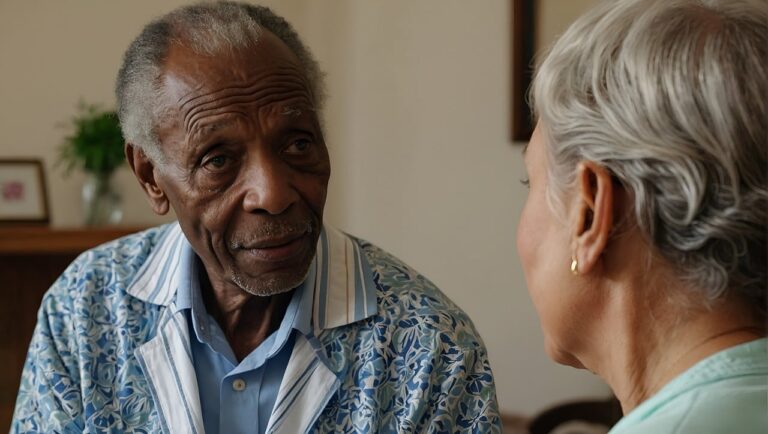The possible side effects of the COVID-19 vaccine

I remembered my first shot. It was fast and easy with no worries. I had no symptoms, no nausea, no muscle aches, no fatigue. We are all aware that the COVID-19 vaccination should help protect us from getting COVID-19, but what about the side effects.
You may have some side effects, which are normal signs that your body is building protection. These side effects may affect your ability to carry out your daily activities, but they should go away in a few days. Some people have no side effects. Serious side effects that could cause a long-term health problem are extremely unlikely following any vaccination, including the COVID-19 vaccination. Vaccine monitoring has historically shown that side effects generally happen within six weeks of receiving a vaccine dose, so if nothing happens by then you should be fine.
Some of the common side effects are tiredness, headache, muscle pain, chills, fever and nausea.
If you received a second shot
Side effects after your second shot may be more intense than the ones you experienced after your first shot. These side effects are normal signs that your body is building protection and should go away within a few days. In my experience, the second shot was more severe than the first. The most common side effects after a booster shot are fatigue and pain at the injection site but overall, most side effects were mild to moderate. Like the two-shot primary series, serious side effects are rare, but may occur.
In most cases, discomfort from pain or fever is a normal sign that your body is building protection. You might want to contact your doctor or healthcare provider if you have redness or tenderness where you got the shot and it’s getting worse after 24 hours and if your side effects are worrying you or do not seem to be going away after a few days. Always be cautious and don’t hesitate to call your doctor for safety.
Remember, the Moderna and Pfizer vaccines require two shots for adequate protection. It is recommended that you get the second shot even if you experienced side effects after the first shot, unless a vaccination provider or your doctor tells you not to get it. You only need one shot of the Johnson & Johnson’s Janssen (J&J/Janssen) COVID-19 vaccine to get optimum protection.
Don’t expect immunity in a magic minute. It takes time for your body to build protection after any vaccination. People are considered fully vaccinated two weeks after their second shot of the Pfizer-BioNTech or Moderna COVID-19 vaccine, or two weeks after the single-dose J&J/Janssen COVID-19 vaccine. You should keep using all the tools available to protect yourself and others until you are fully vaccinated. So far, millions of people have received COVID-19 vaccines, and no long-term side effects have been detected. According to the experts, once you are fully vaccinated, you can participate in many of the activities that you had prior to the pandemic.
Now the booster shots are being recommended for those people who have underlying conditions and are over age 18. The most commonly reported side effects by the clinical trial participants who received the booster dose of the vaccine were pain, redness, and swelling at the injection site, as well as fatigue, headache, muscle or joint pain, and chills. Of note, swollen lymph nodes in the underarm were observed more frequently following the booster dose than after the primary two-dose series.
What is important to note here is that scientists have been divided on this matter. An expert view of scientific evidence has concluded that COVID-19 vaccine booster shots are not needed for the general public. They say that unnecessary boosting can cause unnecessary adverse reactions, such as myocarditis – rare heart inflammation. However, scientists have acknowledged that booster shots might eventually be needed for the general population if vaccine-induced immunity wanes even further or a new variant emerges that can evade the protection of the shots.
As always, you have the right to choose what is best for you. Choose wisely!
Subrina Hall-Azih is a Trinidadian Educator residing in New York.






